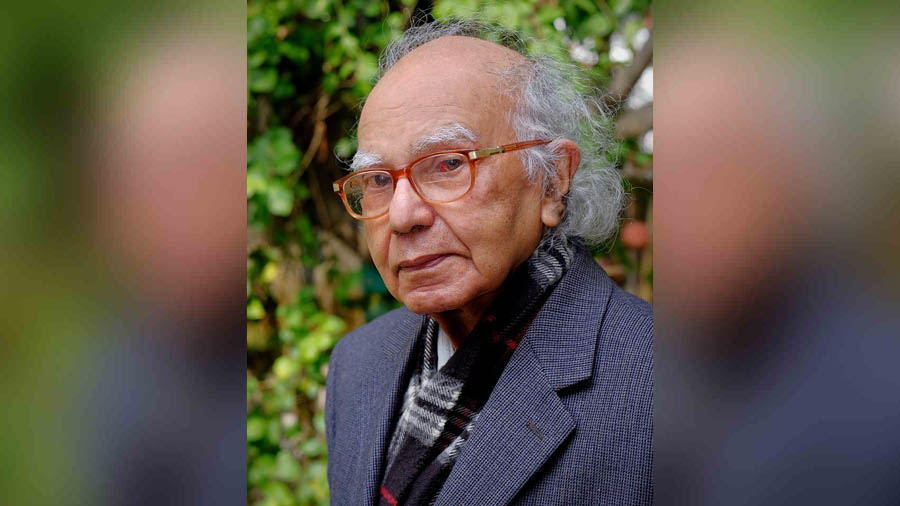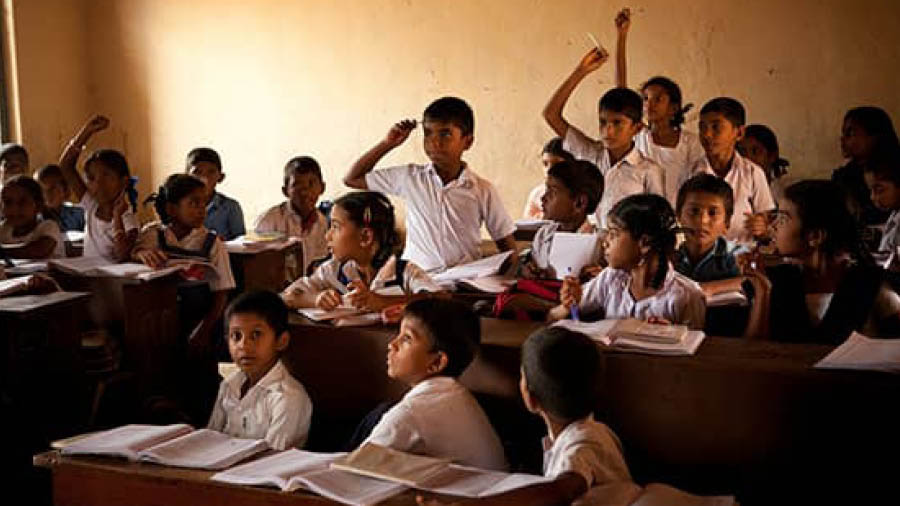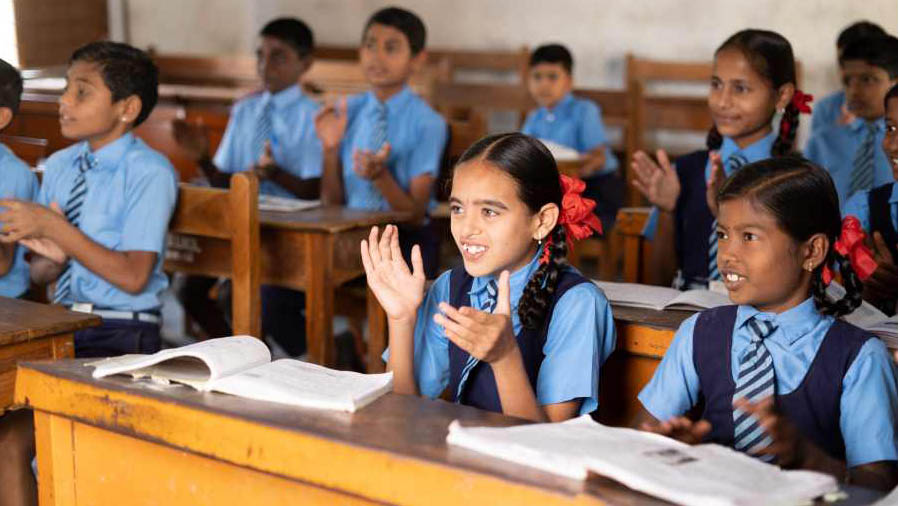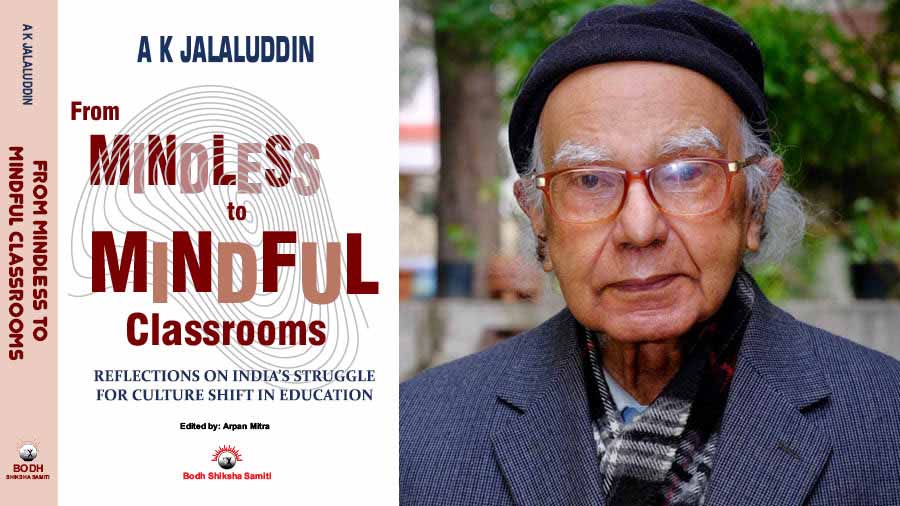The perfect approach to education or, rather, the perfect approach to solving deep-rooted educational problems is chimerical. Perhaps there is none. Education is too vast a subject and as complex and multilayered as life itself. What can be done, though, is to try out attempts to address some of the problems that have held back generations of educators in their search for a model which could bring a degree of knowledge and awareness to even the most marginalised. Professor A.K. Jalaluddin’s book, From Mindless to Mindful Classrooms: Reflections on India’s Struggle for Culture Shift in Education, is a step in that direction.
The book traverses a sprawling canvas as it delves into matters pertaining to foundational and elementary education, both from the point of view of educational management as well as pedagogy, assessment and futuristic teacher training. The author has not only drawn from his own experiences as an educator of international repute; he has also indicated how contemporary educational research is moving in leaps and bounds in developed countries.
According to Prof. Jalaluddin, the developed countries have been able to do that by drawing upon studies carried out in the more frontier areas of cognitive sciences, artificial intelligence, the ever changing notions of deep learning and consciousness and how, through the process of learning, policymakers could devise a sustainable and prosperous future for humanity.

Professor A.K. Jalaluddin
Shruti NagBooks on education generally focus either on the broader concept of education or, at its micro level, the school. But here, the author, with an almost forensic determination, has focused his analysis on the mechanisms of an effective classroom. For many readers, particularly those who are aware of how lesser privileged schools function, this should come as an eye-opener. With a considerable proportion of low-performing teachers mindlessly adapted to the practice of rote learning, students are more often than not left to struggle on their own. Many of them are forced by circumstances to take private tuition from early in their student life, and that too often from their school teachers. Their parents and guardians thus have to bear the burden of extra fees and, in the process, end up greasing the wheels of this ‘shadow economy of private coaching’. Seen from this aspect, school education — and, to a considerable extent, higher education — has got itself into a Catch-22 situation.
How to educate better
At the same time, the author reminds readers, one has to remember that this isn’t merely a problem for the students alone. It is a situation that equally affects teachers too, as the system churns out instructors who, he says, are products of a practically ‘dysfunctional’ set-up. The result is, Prof. Jalaluddin says, education-related plans and initiatives rarely work out the way planners want them to on the ground.
The renowned educationist, a former joint director of the NCERT and India’s Directorate of Adult Education, says there is no easy way out and that no amount of incremental measures, such as changing the syllabus or examination patterns, will solve these problems by themselves.
In his long career as an eminent education policymaker and administrator, Jalaluddin has played a key role in formulating India’s National Education Policy (1986) and kick-starting computer literacy in schools. He has also advised organisations like the World Bank and Unesco, apart from state governments in India.
According to him, some of the major problems that most early-grade students in less privileged schools struggle with are reading comprehension and rational thinking, which in turn make them depend on others at every stage of learning. These problems, he says, are compounded by an approach that relies heavily on directives rather than research-based innovation at the ground level.

According to Prof. Jalaluddin, some of the major problems that most early-grade students in less privileged schools struggle with are reading comprehension and rational thinking, which in turn make them depend on others at every stage of learning
TT archivesOne of the key arguments of this book — and perhaps the most powerful — centres on the need for community participation in education reform at all stages. Like several other educators around the world, the author too believes that ‘unless the community gains the ownership of their learning, no remedial intervention can succeed in a sustainable manner’.
While the veteran educator has tapped into his years of experience in writing this book, readers may have been more appreciative if he had elaborated upon some of his arguments, particularly where he mentions how AI and cognitive neuroscience can actually work in a classroom scenario for a better understanding of such science and practice convergences.
The book has been edited by Arpan Mitra, an education researcher and activist, whose work has taken him to places where schoolchildren are often first-generation learners. The Bodh Shiksha Samiti from Jaipur, Rajasthan, deserves special mention for bringing out this publication at a time when there’s much talk about India’s education system.
From Mindless to Mindful Classrooms: Reflections on India’s Struggle for Culture Shift in Education
By A.K. Jalaluddin; Edited by Arpan Mitra
Bodh Shiksha Samiti, Jaipur; Price: Rs 1,800







